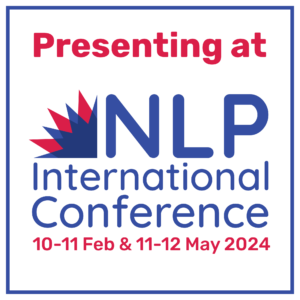The Key to Using Advisors for Leadership Decision-Making
Having written two books on decision-making, I often wonder why this subject gets so little interest. Good decisions are the key to a successful life. So is the avoidance of bad ones, which can destroy lives – stories of which go back far into history: Napoleon’s decision to invade Russia leaps to mind…
Using professional advisors
My focus today is the role of professional advisors in decision-making. This was partially inspired by recent changes in the recommendations of the UK’s financial watchdog, that banks and insurance companies, who of late have refused to give advice, should now start doing so again.
This seems to me a good thing, as the old system, set up in response to these institutions’ mis-selling of financial products, made advice too expensive for most people.
However, it takes experience to handle advisors effectively. The key lies in not letting advisors decide for you. They are there to advise, not decide.
Advisors: the key pit-falls for decision-makers
In coaching, this separation of roles is particularly important. Often clients come to us with a burning desire to have us make up their minds for them. This can be a slippery slope into the shadow side of coaching, when a coach becomes the ‘power behind the throne’.
Apparently, a previous BBC Director General become so enamored with coaching (and his coach) that people within the BBC had to persuade his coach if they wanted their proposals accepted. Don’t go there!
A client who wants us to be their decider needs to look at themselves and consider why. Do they not want to be held accountable for their decisions? Do they believe they are not capable of making decisions? Why? They need to investigate this, and we are there to help them do so.
Of course, that’s easy to say. But it can be very frustrating listening to a client spend huge amounts of time prevaricating. We get ever more desperate to leap in and tell them “Just do X!”
However, this would undermine the client. Instead, we need to move out of content into process. What beliefs does this client hold that makes deciding so troublesome? Is there something that we can help them find inside themselves which will move them on? Often a decision requires a sacrifice that the client is not yet willing to make. If we press them to decide, we go against the core principle of ethical coaching, that it is the client’s agenda and pace, not ours.
The problem with advisors and how to avoid it
This is not always a maxim among other professional advisors, ranging from solicitors, accountants, consultants and doctors (yes, they are also advisors). Instead, a different and more troubling ethos can easily prevail. They can fall into paternalistic roles, becoming deciders not advisors.
If you are taking advice from such people, don’t let this happen. My strongest advice is never to allow an advisor to make a decision for you, unless what you want to do has dire consequences – if your decision does have such consequences, good advisors will quickly become passionate about your following their advice.
Instead, get the best possible advice, then make your own decision. I have had a few instances in my business career, when ignoring the almost fundamentalist pressure of an advisor has thrown open doors that truly revolutionized my business.
Did you like this post?
Then check out our events and courses!
Where to find us
For posts, events, free open days and more, follow NLP School on:
What to read next
How to Make A Decision Under Pressure
Robbie Steinhouse Helps Voters With Decision-Making










